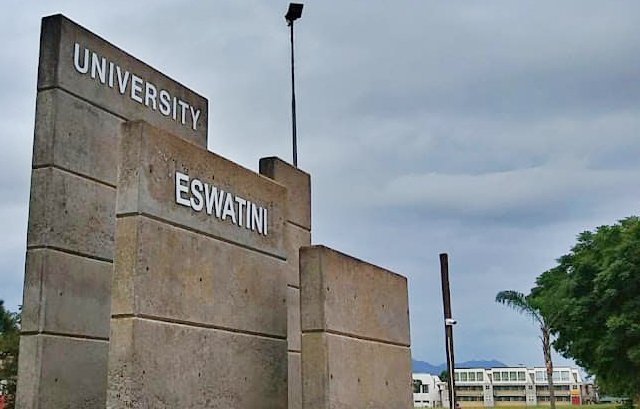Minister of Education and Training, Owen Nxumalo, has clarified that Cabinet has not approved the proposed increase in University of Eswatini (UNESWA) tuition fees.
The minister acknowledged reports that the tuition hike had been approved but stated this was not the case. He explained that only his ministry, through Cabinet, was authorised to approve any increases.
| Eswatini Observer WhatsApp Channel
“As a ministry, we are still to present the matter to Cabinet. All I know is that the university has made a request in writing and this is yet to be approved by Cabinet,” Nxumalo said.
He added that if approved, the increase would not apply to UNESWA alone but to all tertiary institutions across the country.
Fee Discrepancy
The clarification comes after reports suggested that UNESWA had already begun charging government-sponsored students standardised tuition fees of E26 000. The change was expected to take effect in the 2025/26 academic year, ending the differential structures between government-sponsored and privately funded students.
For over a decade, government-sponsored students paid about E16 000 annually, while privately funded students were charged a higher fee of E26 000. The proposed standardisation would require all students, regardless of sponsorship, to pay the same amount.
UNESWA acting Registrar, Richard Masuku, previously said the plan to standardise fees followed extensive consultations with the ministry and other stakeholders. He noted that since 2016, government had been paying a flat fee of E16 000 per student, despite the university’s credit-based system requiring higher payments.
Financial Strain
Masuku explained that under the credit system, students pursuing non-Science undergraduate degrees are charged E549 per credit, with a typical load of 24.40 credits per semester, amounting to about E13 176. Students are required to pay at least 40 per cent of tuition at the start of each semester.
He said the difference of about E10 000 between government and privately sponsored students created financial strain, especially since government funds approximately 60 per cent of the university’s enrolment.
According to Masuku, the new system was meant to improve financial sustainability at UNESWA, which continues to face challenges such as delayed government subventions and rising operational costs.
The university hopes a uniform fee structure will simplify planning, strengthen accountability, and improve transparency in how tuition funds are managed.








